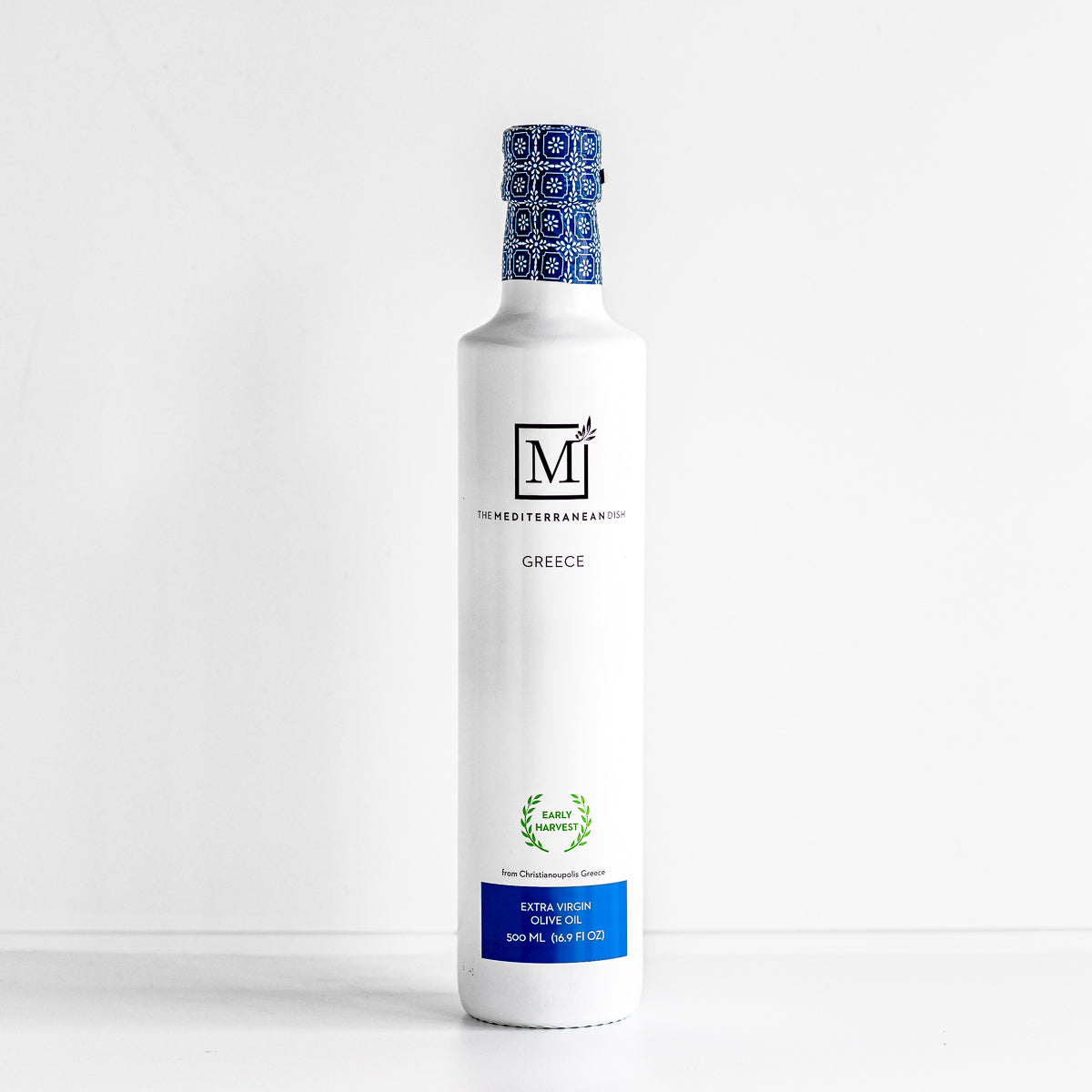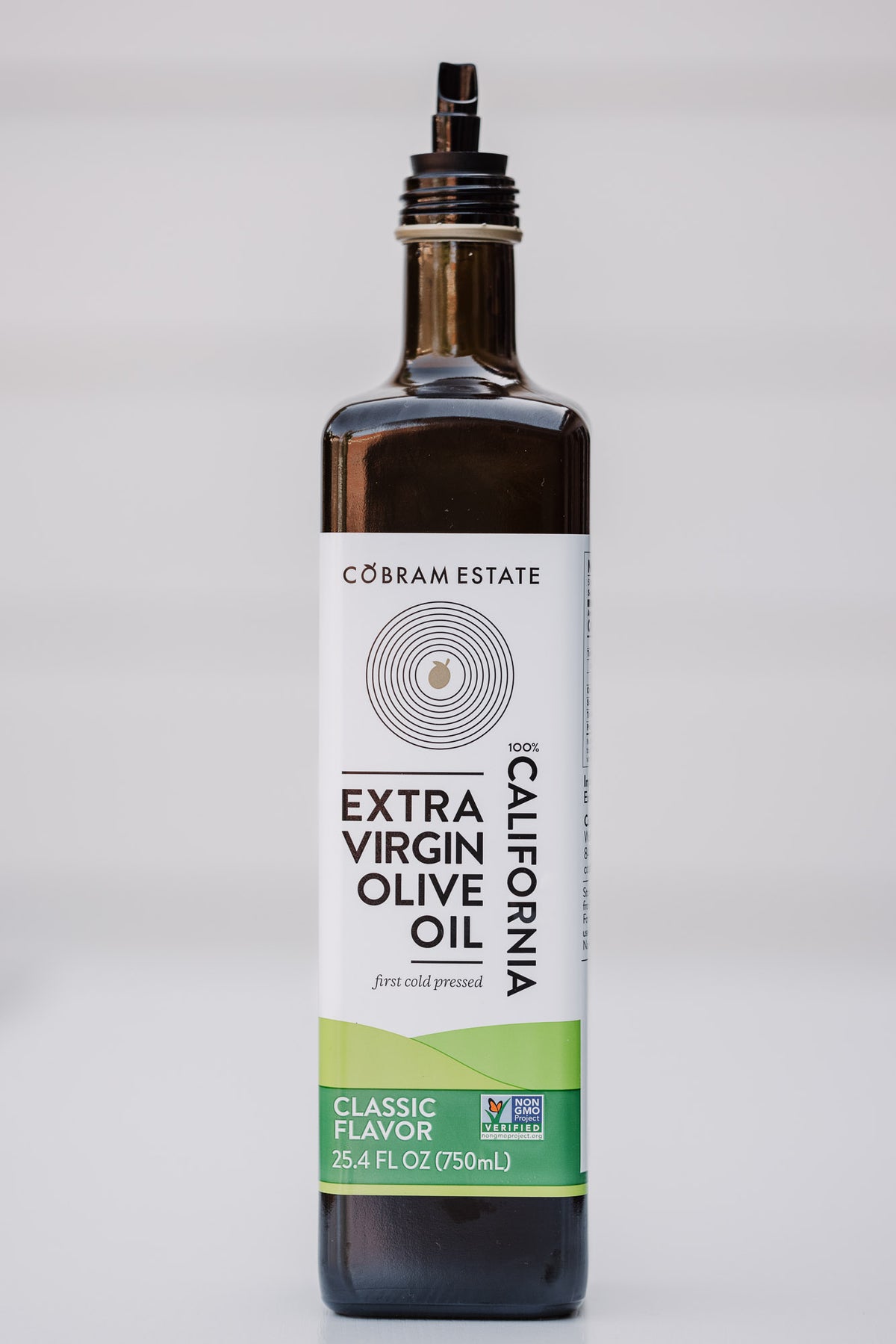Why Extra Virgin Olive Oil Benefits Your Gut and Digestive System
Why Extra Virgin Olive Oil Benefits Your Gut and Digestive System
Blog Article
Checking Out the Various Sorts Of Olive Oil and Their Usages, Including Additional Virgin Olive Oil
The exploration of olive oil encompasses a varied variety of kinds, each offering cooking applications and unique flavors. Extra virgin olive oil, renowned for its superior top quality and health benefits, serves as a staple in several kitchens, yet it is only one facet of this complex ingredient.
What Is Olive Oil?
Stemmed from the fruit of the olive tree, olive oil is a staple in Mediterranean food and an essential ingredient in various cooking applications. This functional oil is created by pushing entire olives, causing a liquid that differs in aroma, flavor, and color depending upon the sort of olives used, the region of cultivation, and the removal procedure. Olive oil is mainly composed of monounsaturated fats, especially oleic acid, which is known for its possible health advantages, consisting of anti-inflammatory buildings and cardiovascular assistance.
In enhancement to its cooking uses, olive oil has a long history of application in standard medication and skincare, owing to its rich antioxidant web content (extra virgin olive oil benefits). The oil is usually utilized in dressings, marinades, and for cooking approaches such as sautéing and roasting. Its distinctive flavor account can enhance the preference of various meals, making it a vital active ingredient for both home cooks and expert chefs
In addition, olive oil is commemorated for its function in the Mediterranean diet plan, which is related to numerous health advantages. As understanding of these advantages expands, olive oil continues to gain appeal worldwide as an essential component of a healthy way of life.
Kinds Of Olive Oil
Understanding the numerous sorts of olive oil is important for both health-conscious consumers and cooking enthusiasts. Olive oil is categorized largely based on its removal approach and high quality, which significantly influences its fragrance, flavor, and wellness advantages.

Light olive oil, despite its name, describes a lighter flavor and not reduced calories. It is excellent for those seeking an extra subtle taste in sauces and dressings. In addition, there are flavorful olive oils instilled with herbs, flavors, or citrus, which can boost meals without the demand for extra flavoring.
Each kind of olive oil serves specific culinary functions, and understanding these differences permits customers to make informed selections that align with their cooking designs and health goals.
Additional Virgin Olive Oil
Bonus virgin olive oil (EVOO) is widely considered as the greatest high quality olive oil readily available, popular for its rich flavor and various health and wellness advantages. To be classified as added virgin, the oil should be produced from fresh olives making use of mechanical processes, without using solvents or too much heat. This precise technique protects the oil's natural tastes, antioxidants, and healthy fats, causing an item with a reduced acidity degree of less than 0.8%.
EVOO is bountiful in monounsaturated fats, particularly oleic acid, which is linked to minimized swelling and boosted heart health and wellness. It additionally consists of polyphenols, effective antioxidants that might offer safety results against chronic illness. The taste profile of EVOO can vary substantially depending on the olive selection and region of production, ranging from verdant and fruity to durable and peppery.

Culinary Use Olive Oil

In food preparation, olive oil can be used for sautéing, roasting, and cooking, supplying a healthier alternative to butter or other fats. Its high smoke point makes it appropriate for numerous cooking techniques, while its anti-oxidants add to a heart-healthy diet. Showering olive oil over completed meals, such as pasta, fish, or grilled veggies, can elevate tastes and include a touch of sophistication.
In addition, olive oil plays a significant role in cooking, where it can change traditional fats in recipes for bread and pastries, imparting dampness and a subtle taste. It additionally works as a base for instilled oils, allowing chefs to trying out flavors such as garlic, herbs, or chili, even more broadening its culinary capacity. Generally, olive oil's adaptability makes it important in both home and professional kitchen areas.
Choosing Quality Olive Oil
When selecting top quality olive oil, it's important to consider several vital variables that affect the product's scent, taste, and health and wellness advantages. Firstly, choose additional virgin olive oil (EVOO), which is derived from the first cool pushing of olives and has the highest possible degrees of anti-oxidants and beneficial substances. Seek oils that are accredited by acknowledged companies, as this usually guarantees adherence to stringent top quality standards.
The packaging likewise plays a significant duty in preserving the oil's stability. Pick oils stored in dark glass containers or tins to shield versus light degradation. Pay focus to the harvest day; fresher oils supply premium flavor and dietary worth, so choose items that navigate to these guys are within 18 months of their harvest.
Be mindful of the preference; an excellent top quality olive oil ought to have a balance of fruity, bitter, browse around this site and peppery notes, suggesting its splendor and intricacy. By reviewing these aspects, you can ensure you are choosing the finest olive oil for your culinary demands.
Final Thought
In recap, the expedition of different kinds of olive oil reveals distinct characteristics and applications, with added virgin olive oil representing the peak of top quality due to its low acidity and high antioxidant content. Understanding the various varieties of olive oil enables for educated choices in food preparation approaches, promoting much healthier methods while enriching the total gastronomic experience.
Derived from the fruit of the olive tree, olive oil is a staple in Mediterranean food and a key ingredient in different culinary applications.The most typical kinds of olive oil consist of improved olive oil, pure olive oil, and light olive oil.Additional virgin olive oil (EVOO) is extensively concerned as the greatest top quality olive oil readily available, well known for its abundant flavor and various health benefits. Choose for extra virgin olive oil (EVOO), which is acquired from the first cool pressing of olives and contains the greatest degrees of anti-oxidants and valuable compounds.In recap, the exploration of different kinds of olive oil exposes distinctive qualities and applications, with extra virgin olive oil standing for the pinnacle of top quality due to its reduced level of acidity and high antioxidant web content.
Report this page